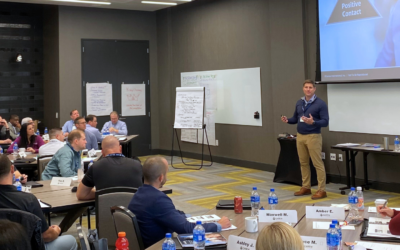High turnover rates among upper-level management and executives can often represent a significant threat to corporate continuity and overall business success. As more baby boomers exit the workforce, this problem has been experienced on a relatively large scale, but companies can reduce the risks associated with inexperienced management through the deployment of more robust and transcendent leadership development programs.
Forbes recently explained that the most successful firms will often have leaders on all levels of their supply chain, with certain non-managers even taking on responsibilities that are aligned with supervision. According to the news provider, studies have indicated that leadership performance is still the top talent problem for the majority of businesses in the United States and many nations abroad.
The source explained that finding the right types of leaders in accordance with the specific objectives and values of a given business can be extremely difficult, especially when the talent pool is getting younger and more untested. As such, enterprises that invest more in the development of leaders from even the lowest level of staff-based operations might have a competitive advantage in the coming years.
Forbes noted that leadership pipelines in each and every department of the business can significant reduce the risk of failure due to a completely unprepared individual stepping into a managerial role. The news provider suggested using mentoring programs that get long-standing executives involved in the development of other employees who might one day step into a supervisory position.
Mentoring programs can be helpful in all departments of the business, and have generally been even more effective in the sales department. By combining the experiential and communicative aspects of mentoring leadership programs with traditional, classroom-based learning sessions, new managers will be better positioned to get off on the right foot upon their promotion.





